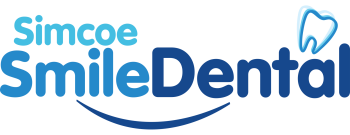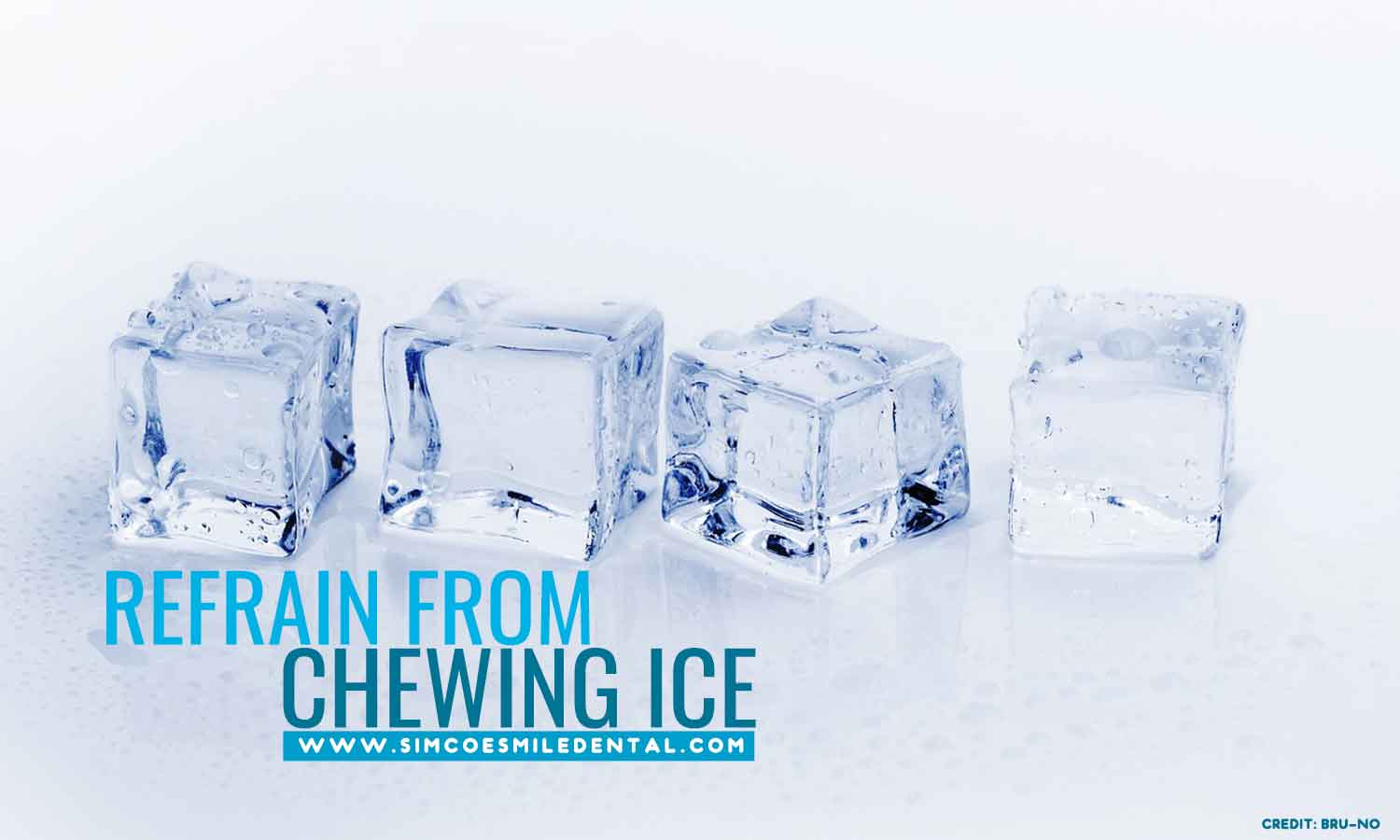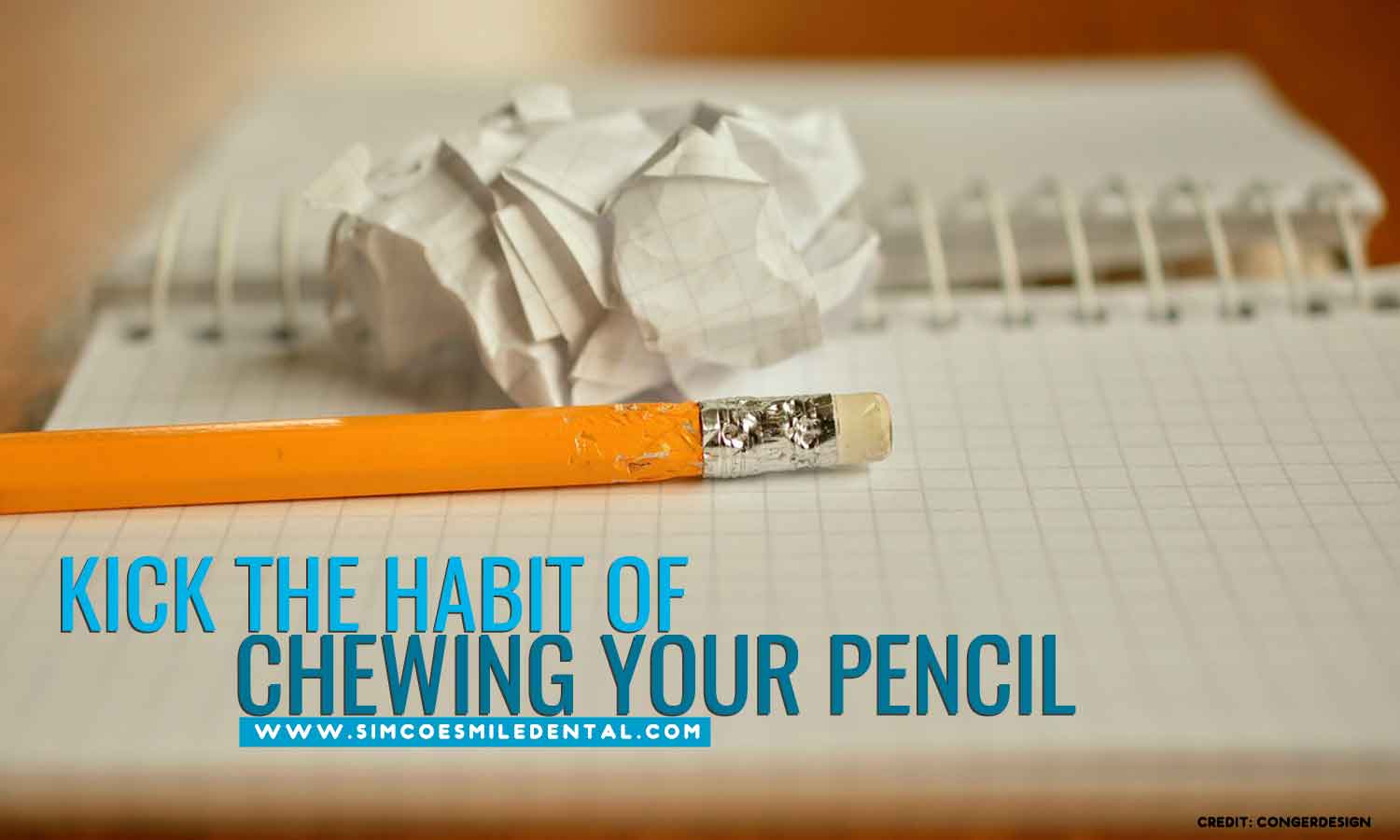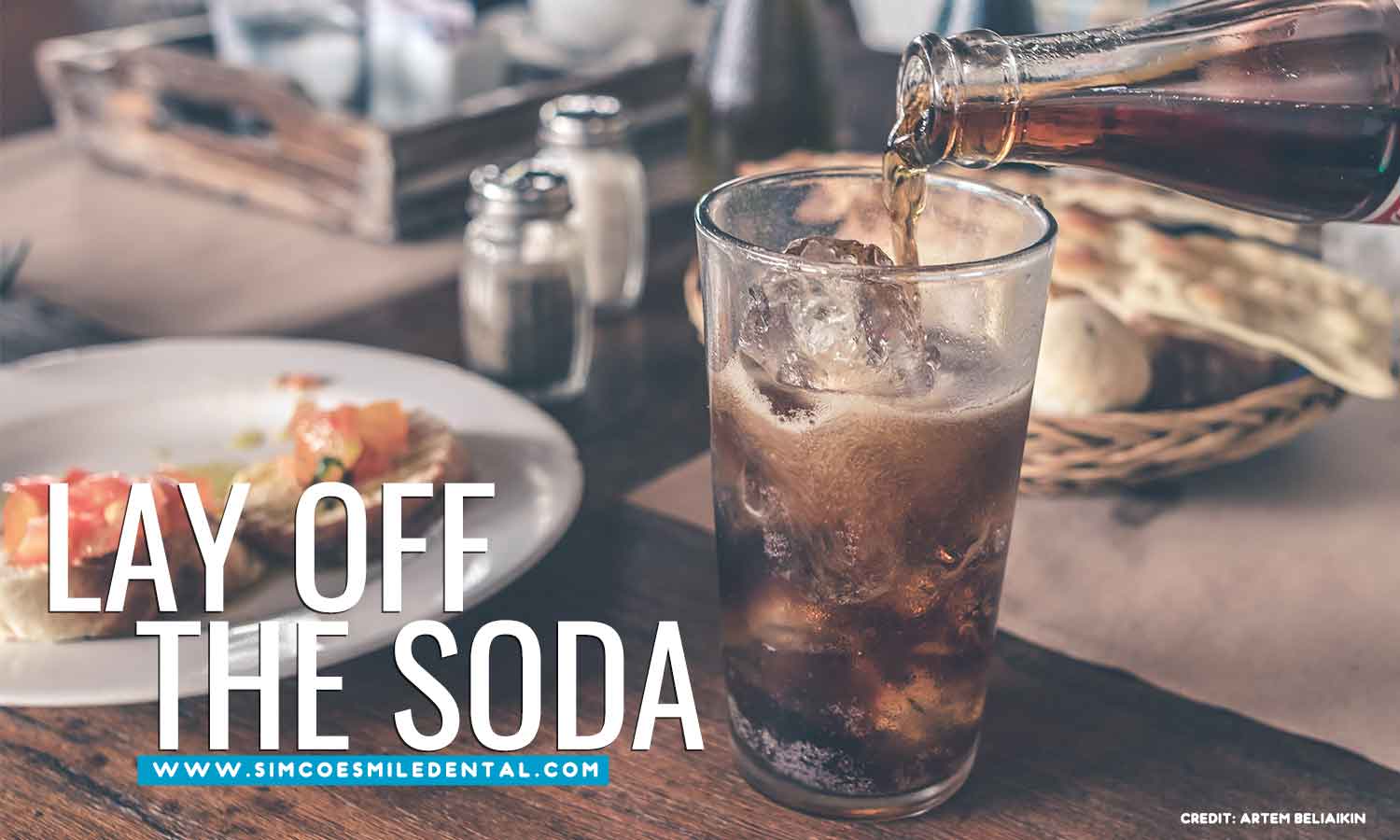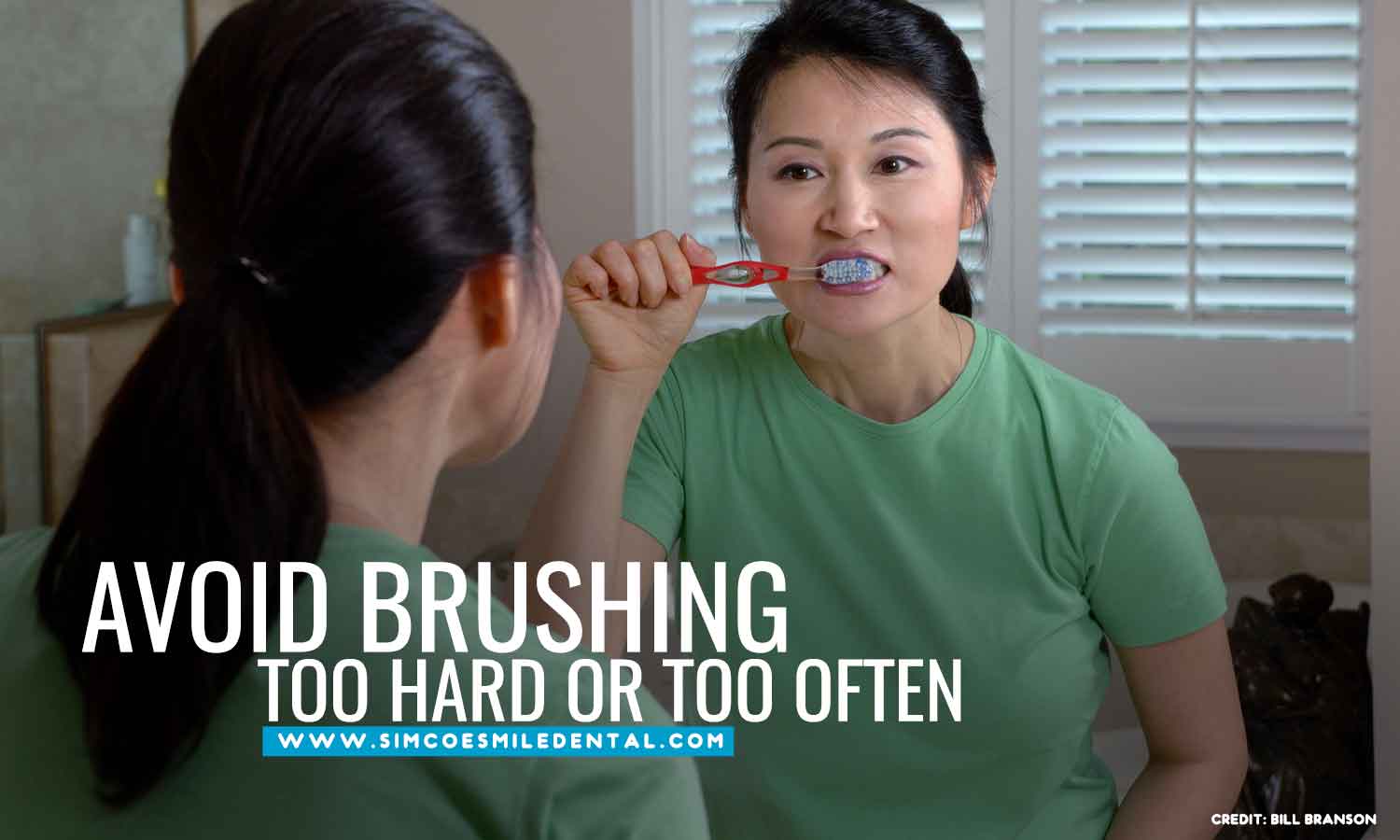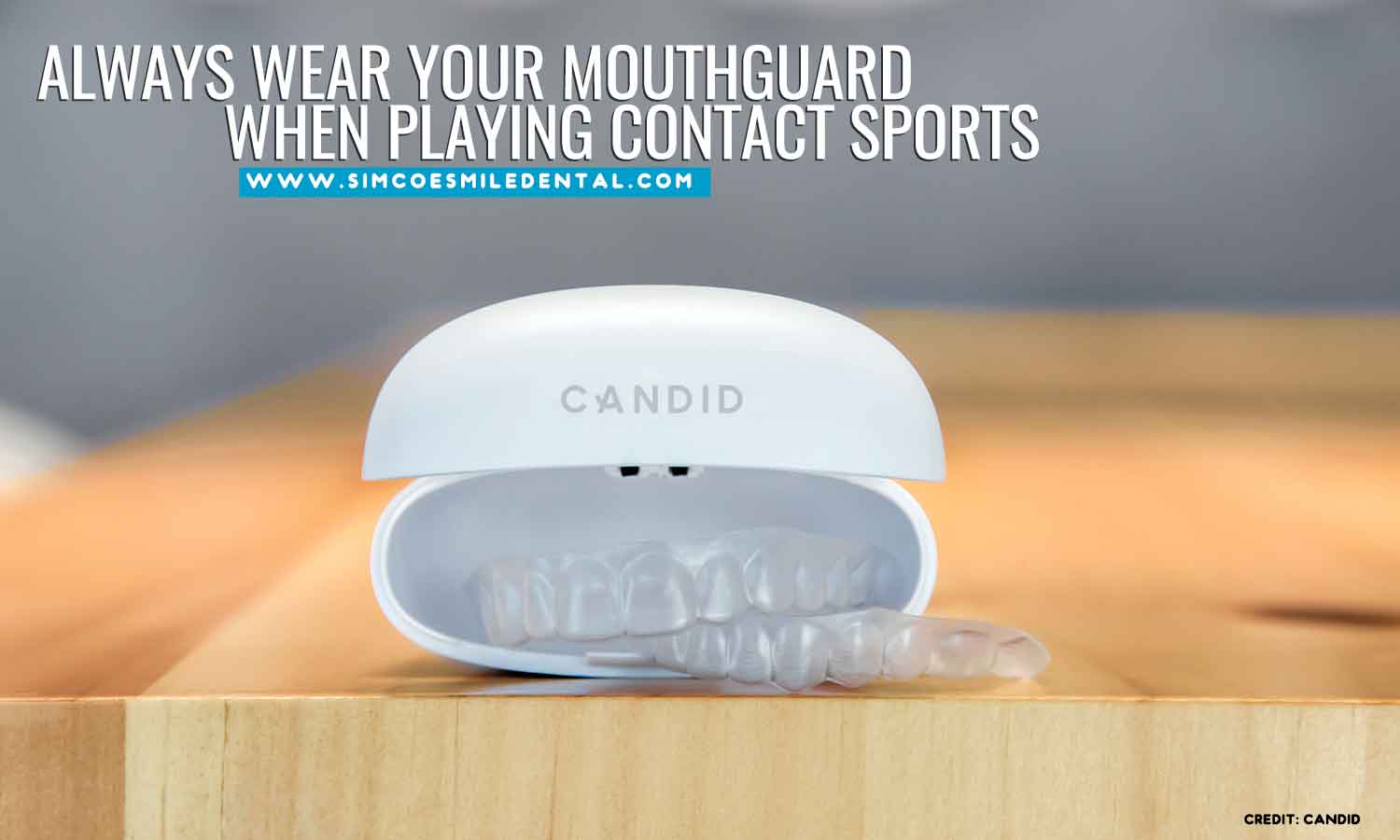Another thing dentists do for patients is providing advice to help you take better care of your teeth. There are some common habits that seem harmless at first glance that can do plenty of damage to your teeth. Part of a dentist’s job is pointing out these habits to help you stop and preserve your teeth.
One problem with bad habits is that they’re easy to develop but hard to break. Once you learn about their habits, take steps to correct your behaviour to spare your teeth the damage. Take note of these harmful habits to make the right changes and start treating your teeth right.
- Chewing ice – For many people, chewing ice can be a way to relieve thirst and beat the heat, or just as a habit after they’ve finished off a beverage. At first glance, it might seem harmless since ice is simply frozen water. However, ice can be a hazard for your teeth given how hard they are. Chewing ice might seem easy, but it can cause small cracks in enamel that can build up over time. Another thing to remember is that blenders need special blades to crush ice, which should be a clue as to how hard ice cubes can be. If you must chew something, pick things that won’t hurt your teeth (e.g. sugar-free chewing gum or soft fruits).
- Using your teeth as openers – Sometimes teeth can be used as impromptu tools when nothing else is at hand (e.g. ripping open packages, opening bottles, or tearing tape). However, teeth are really only meant for chewing food. Using them for other jobs can chip and crack the enamel, which can require cosmetic dentistry to repair. Refrain from using your teeth as a go-to tool when you need one. Keep your tools around instead (a pocketknife is a handy item). Most pocketknives come with extra features like bottle openers you can use in a pinch to avoid putting stress on your teeth.
- Chewing on your pencil – Are you in the habit of chewing on your pencil to help think? Here’s another habit to kick right away; nibbling on your pencil can put pressure on your teeth, leading them to wear down over time. Teeth aren’t suited for chewing on anything other than food, and pencils can be especially rough on them. There may also be plenty of dirt and germs on the end of a pencil that can cause infection. Many people use this habit as a habit to cope with nerves and stress; switch to a healthier outlet to avoid putting pressure on your teeth (chewing sugar-free gum is a great alternative).
- Drinking too much soda – Soda can be tough on the teeth, especially when you drink it regularly. Frequent soda drinking bathes the teeth in sugar, which encourages bacterial growth and tooth decay. Soda is also highly acidic, and can eventually wear away at the enamel in teeth. Cut down on the amount of soda you drink each day and drink more water instead. When you do drink soda, drink some water immediately after washing the sugar off your teeth.
- Brushing too hard – Brushing is undeniably good for you, but too much of a good thing can be detrimental to your dental health. Brushing too hard or too much can do more harm than good by wearing down the enamel on your teeth. Over time, this can cause dental complications (e.g. cavities, sensitivity, and gum irritation). To find out if you’re brushing too hard, pay attention to the bristles when you brush. If you see the bristles bending when you brush, you might be brushing too hard. Another thing you can do is switch to a soft-bristle toothbrush. Here’s a handy guide to how to pick the right toothbrush. These brushes have extra soft and flexible bristles that can apply less force to teeth when brushing.
- Grinding your teeth – Clenching your jaws too tightly can cause a host of problems, especially in the long run. Teeth grinding (also known as bruxism) can put stress on your teeth and wear down the outer layers, eventually making it difficult to eat. Bruxism can also affect the jaws, which can disrupt normal eating and speaking. In some cases, it can happen while sleeping, making it a must for a dentist to address the problem immediately. Grinding the teeth can also come about because of stress. Find activities that can help you relax (meditation and yoga are effective) and release any tension in your face and jaw.
- Biting your fingernails – Some people are in the habit of chewing on their fingernails, sometimes when they’re nervous. Biting the fingernails can be a bad habit in more ways than one. The pressure from chewing can loosen the teeth, while the hardness of your fingernails can cause small cracks in the enamel. Fingernails also tend to have plenty of dirt underneath them. Chewing can expose your mouth to bacteria that could cause infections in the future. Kick the habit immediately to avoid potential complications later on.
- Smoking – Most people are aware of the health risks associated with smoking and other tobacco products (e.g. increasing the risk of lung cancer and heart disease). However, smoking can also do a number on your oral health. For one, tobacco tends to dry out the mouth. Dry conditions are more favourable for bacteria, making it easier for them to multiply and cause infection. Drink plenty of water after smoking to counteract the dryness and keep your mouth moisturized. Start kicking the habit now to counteract the negative effects of smoking. It can be hard, but reaching out for help can make the process much easier.
- Skipping the mouthguard – When playing contact sports, it’s essential you wear all the protective equipment you need, including a mouthguard. A mouthguard can make all the difference when it comes to protecting your teeth from a hit. Teeth are very vulnerable to being knocked out when playing high-impact sports, making a mouthguard a must. According to the American Dental Association, mouthguards can greatly reduce the risk of mouth injury. Remember to always put on your mouthguard before playing to give your teeth enough protection.
When you need quality dental services, give Simcoe Smile Dental a call. We offer full dental services (including family dentistry and cosmetic dentistry) for everyone in the family. We provide a wide range of services to help meet all your dental needs and offer you a one-stop clinic for your convenience.
Drop us a line at (289) 312-1482 or visit our contact page to make an appointment
